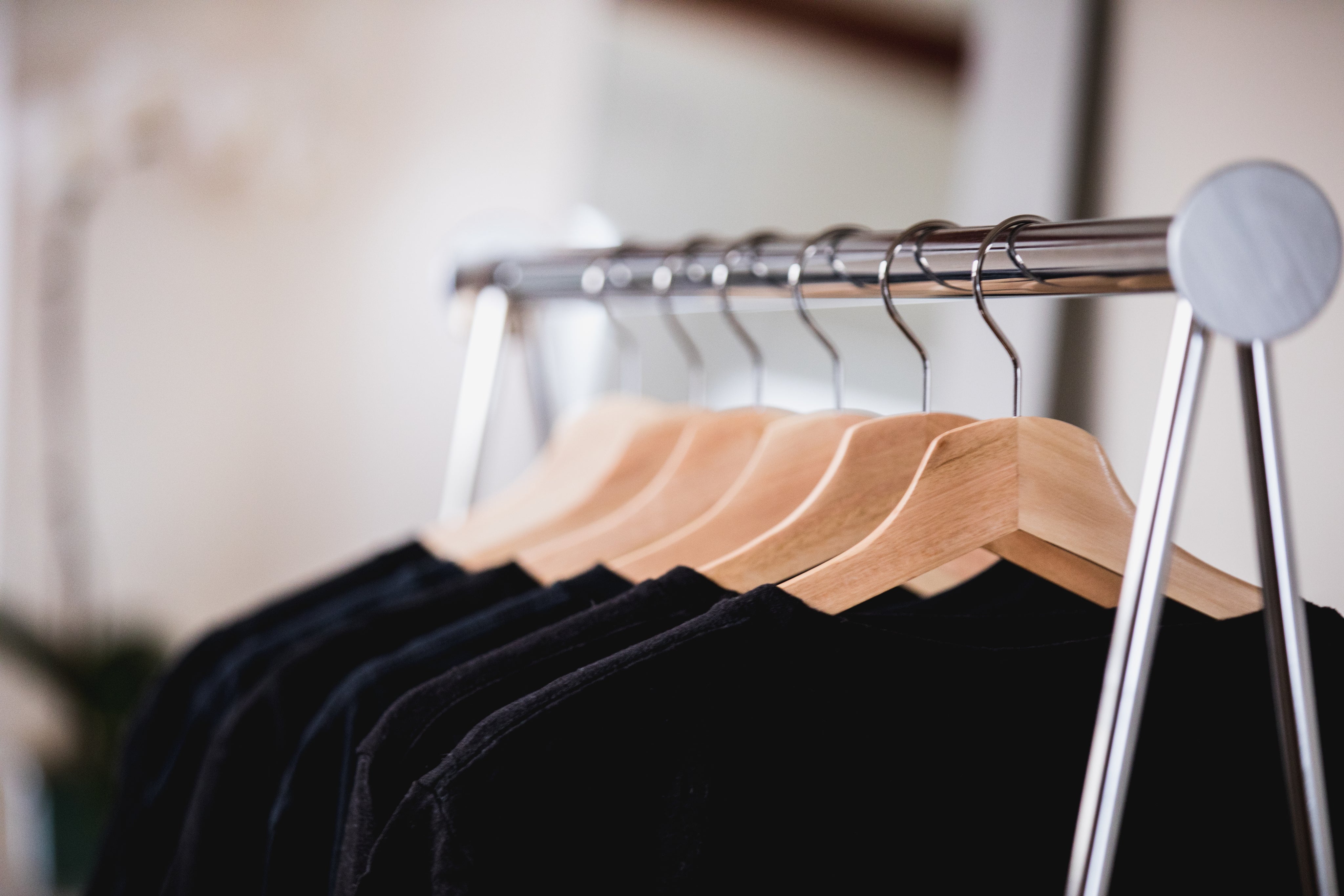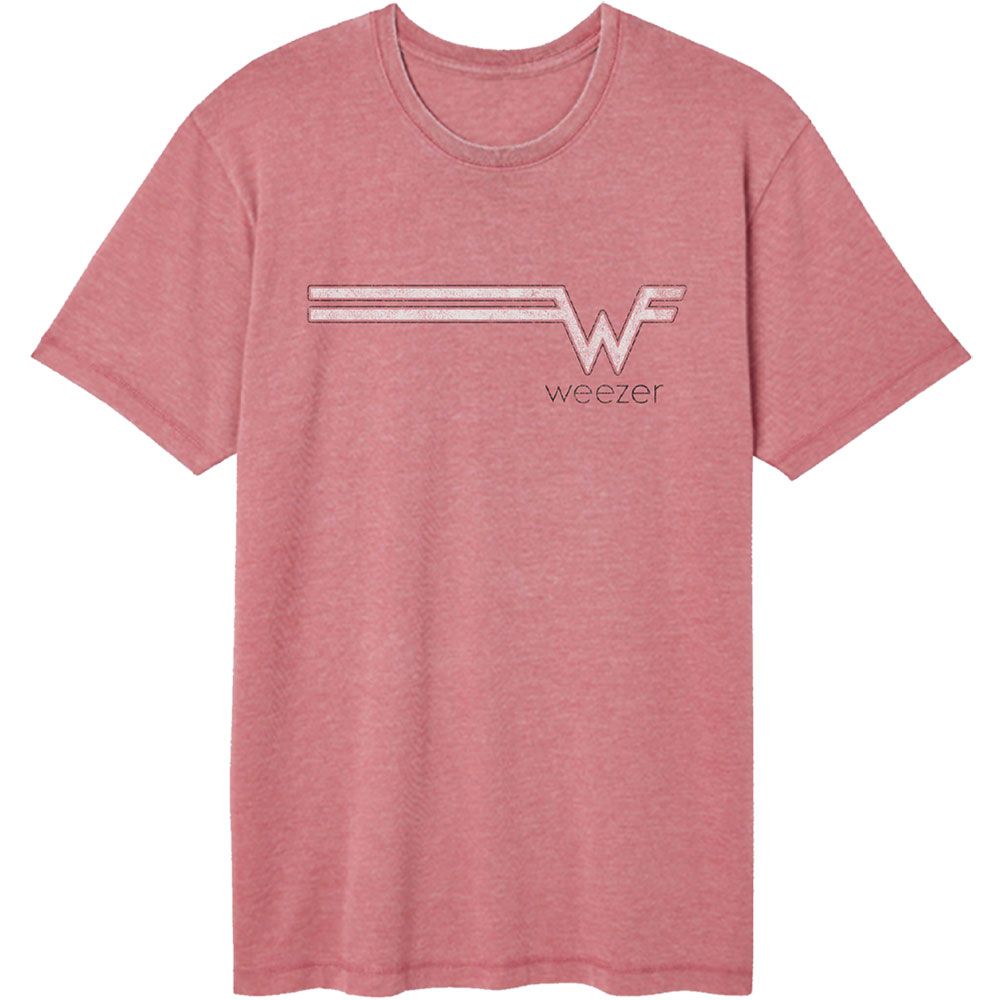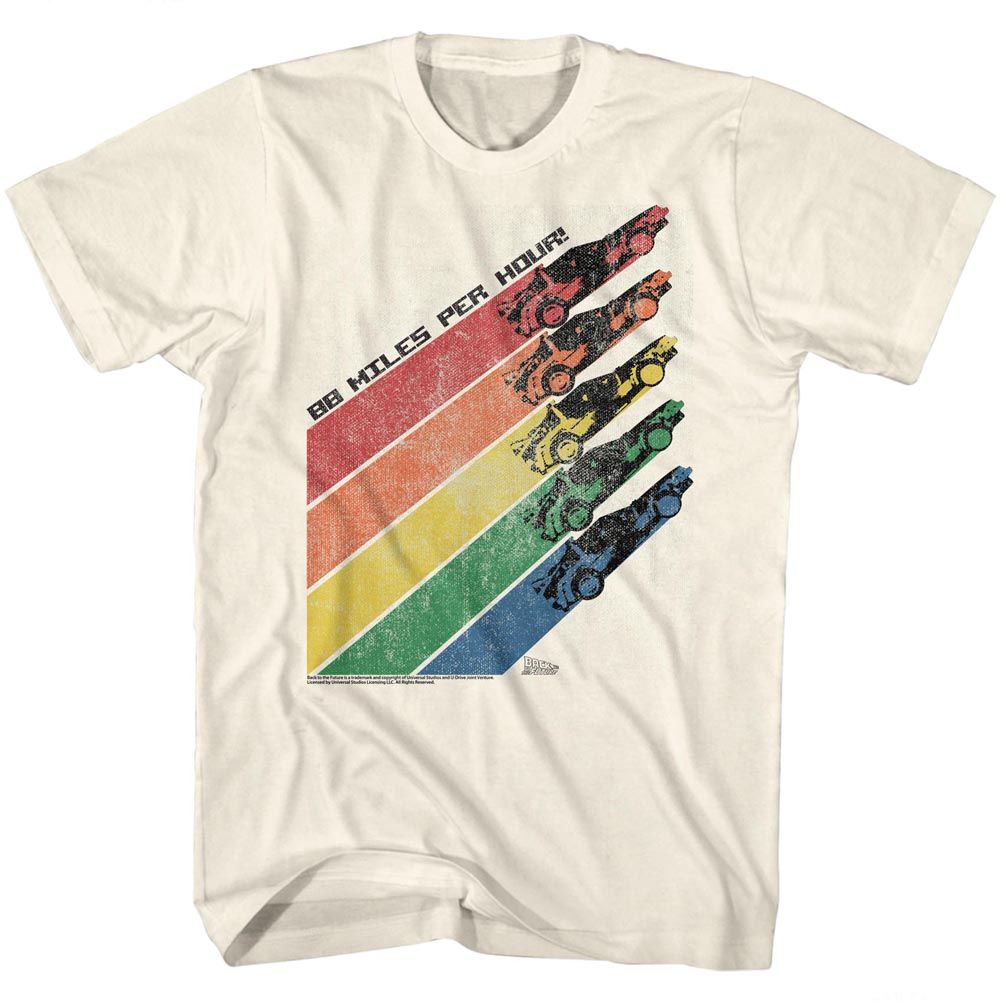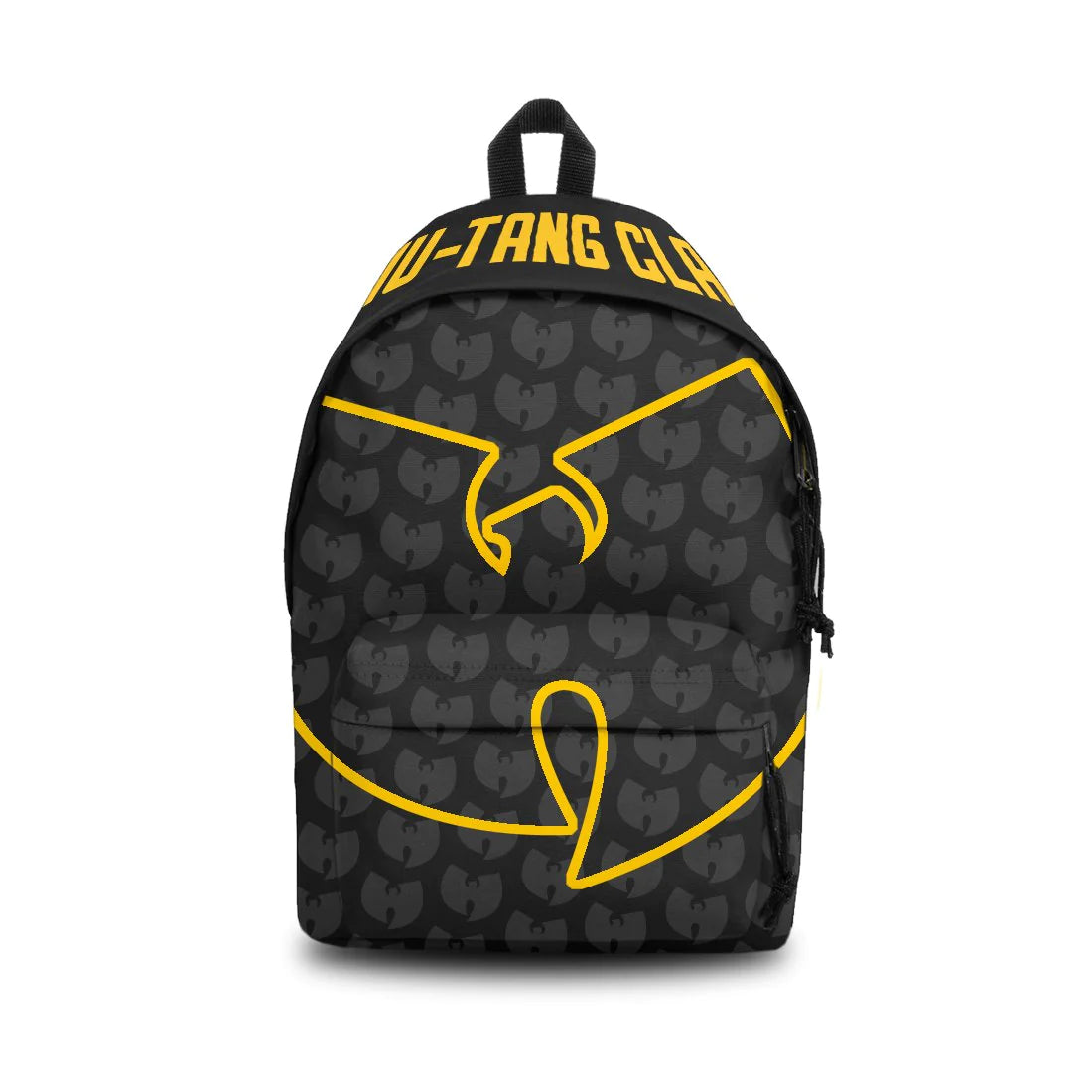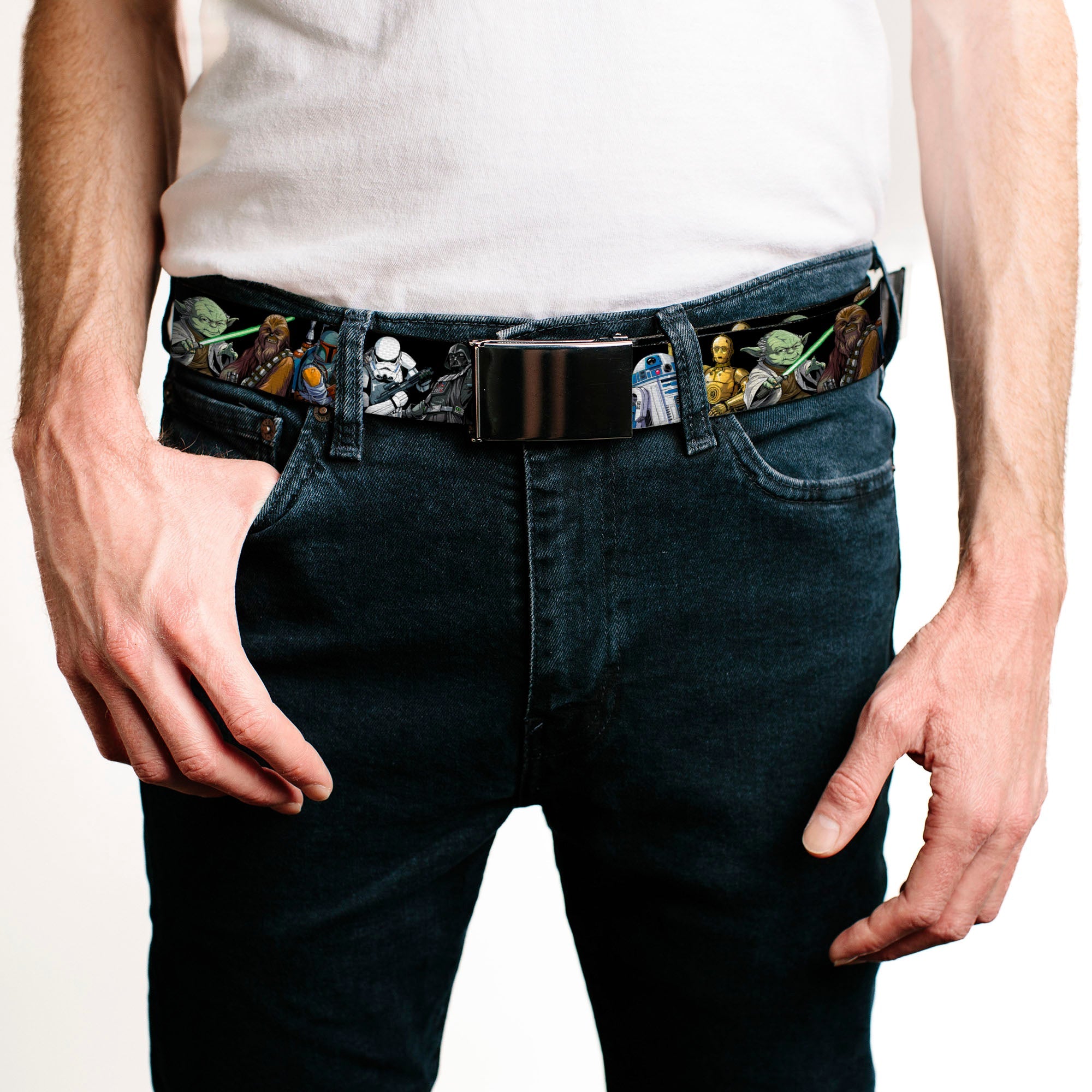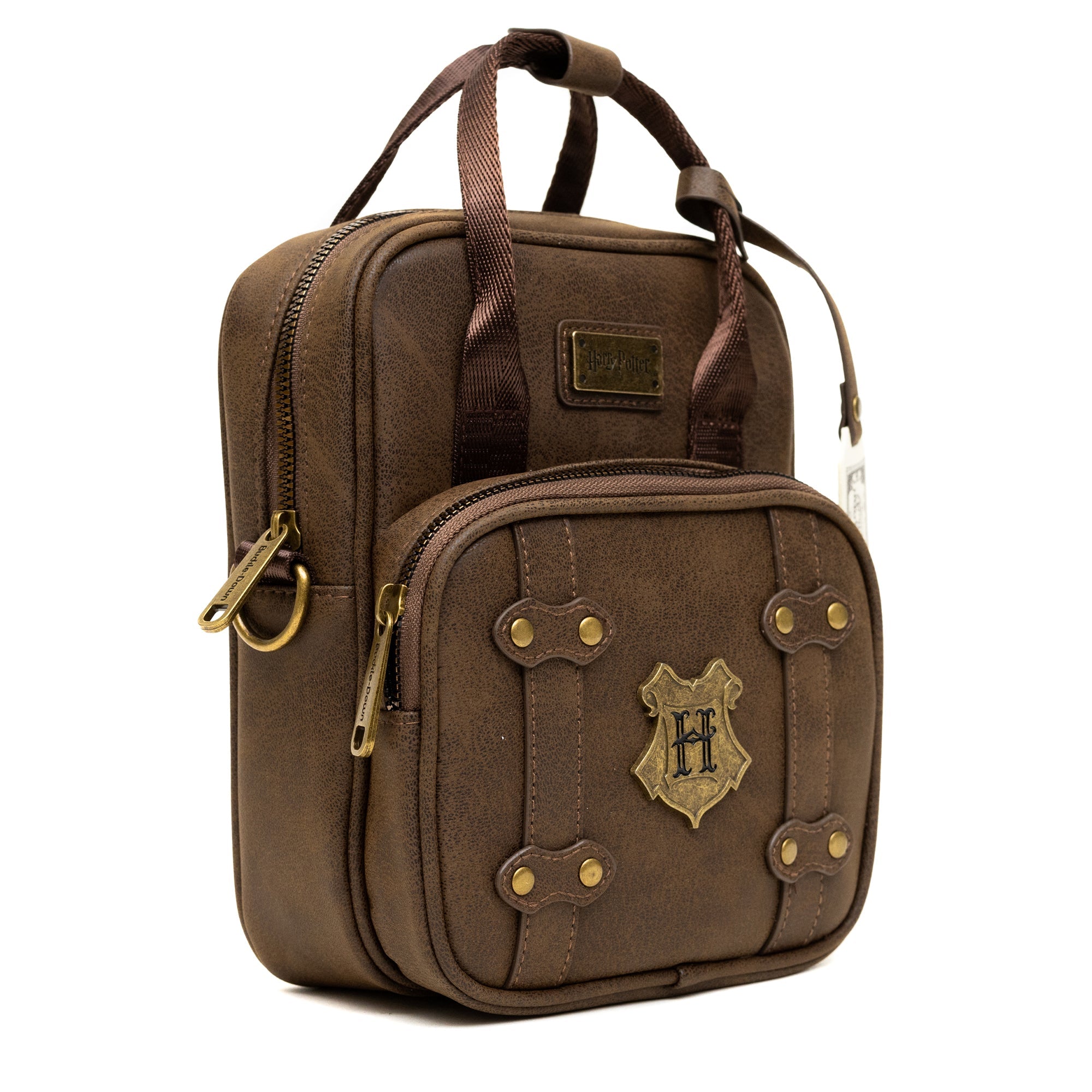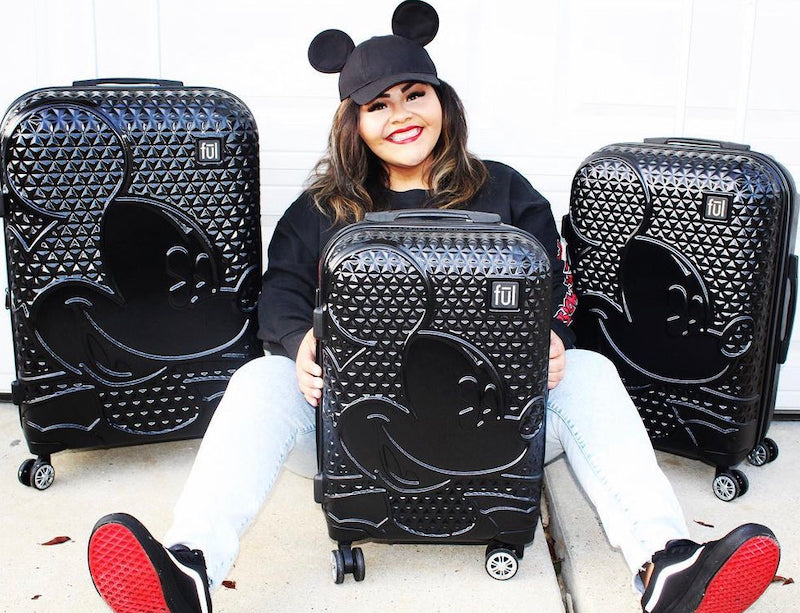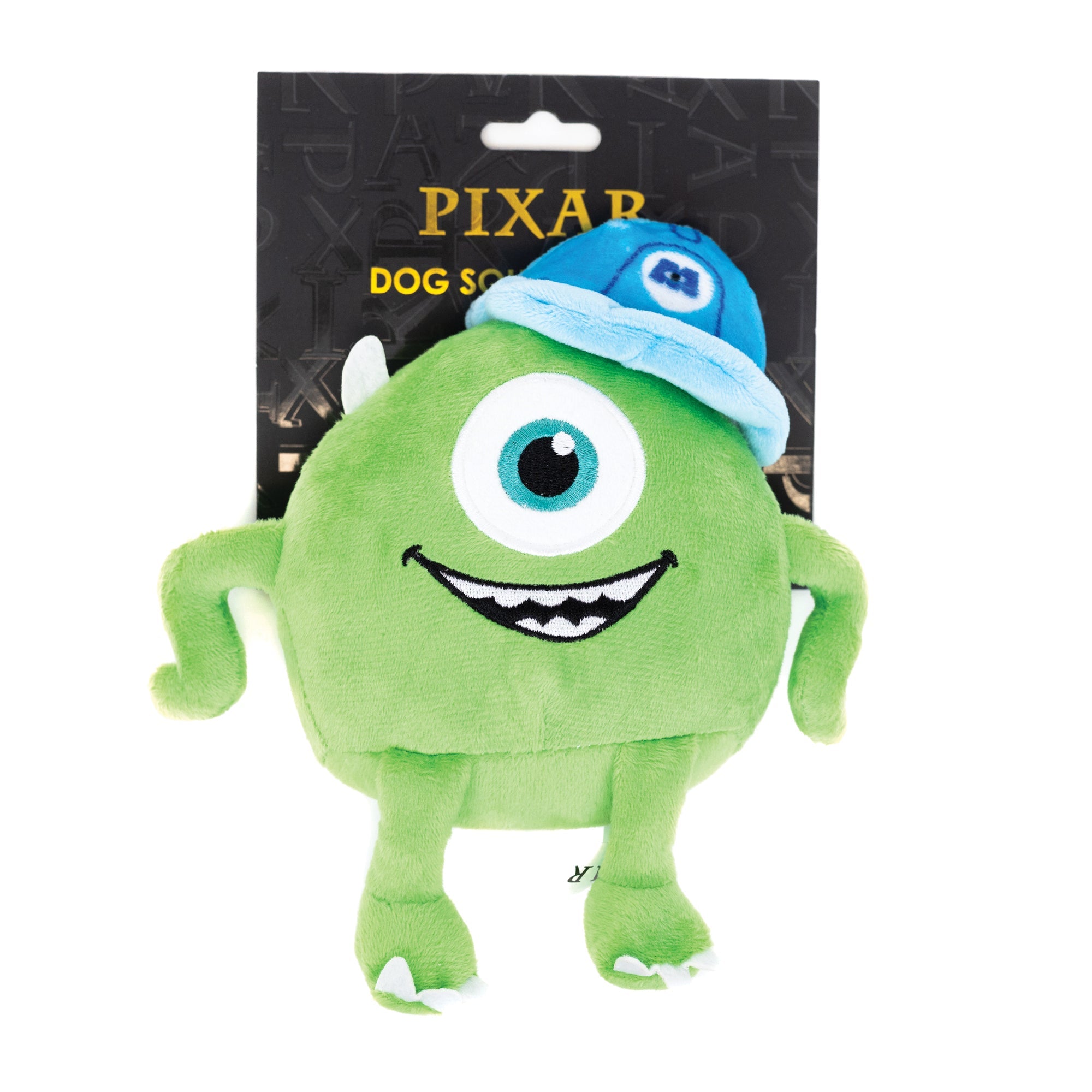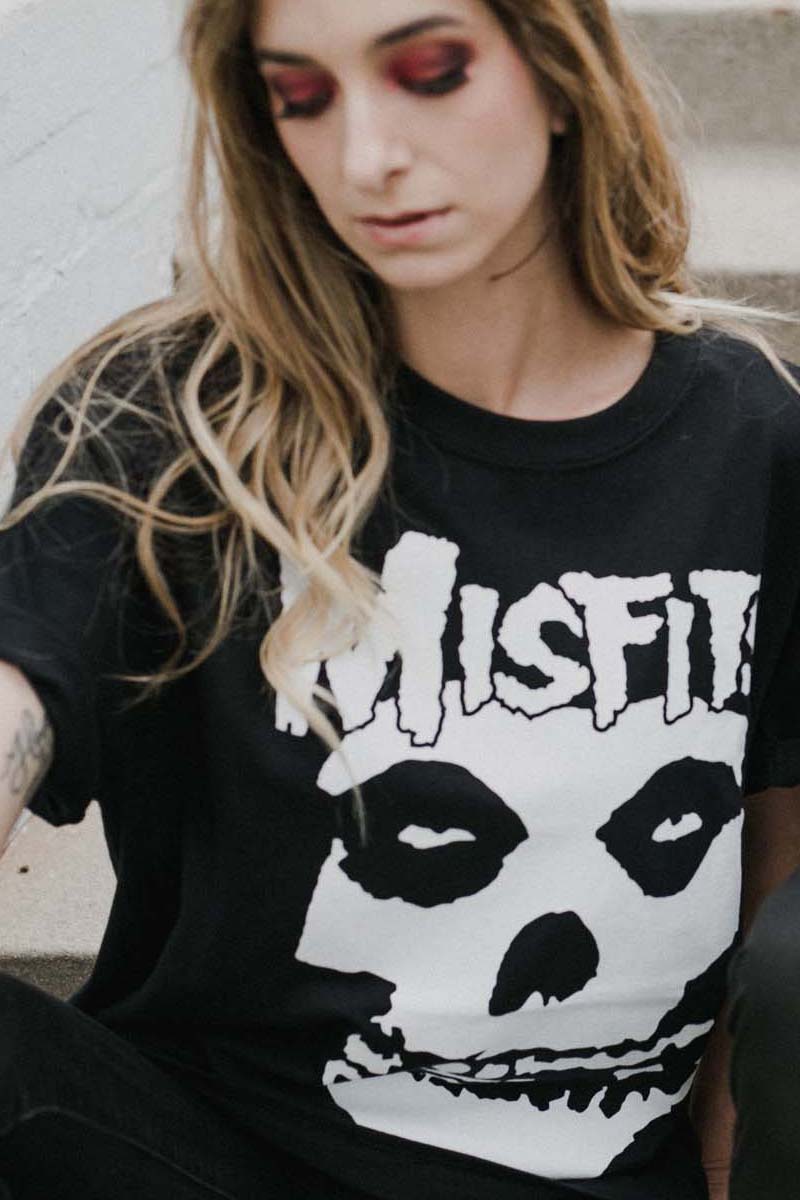The Data is in: Merch Showroom Wholesale Retailers Actually Get What they Order!
We've heard it all before. Time and time again, one of the largest complaints from independent retailers is that many wholesale suppliers will ship partial shipments to them and cancel out-of-stock items without any communication or warning. This seems to be especially rampant with suppliers that offer a “shelf-stock” wholesale program for apparel. It’s infuriating and can leave the retailer at a disadvantage when developing merchandising displays and promotions for their stores.
I don’t understand why the manufacturer advertises all these items and then I only get shipped half of what I ordered. They always just ship me smalls and 2XL’s so I quit ordering that stuff.
This is just one example of the recent feedback that we have heard from an independent retailer in Florida that purchases wholesale band t-shirts for their business.
In a recent study done by our company, we dug deeper into this trend. We accessed actual order and cancellation / backorder data from a shelf-stock distributor of licensed band t-shirts. The data was from 2021 and covered a sample size of approximately 10,000 items that were ordered from the wholesale distributor.
At this distributor / sales rep, the manufacturer held the inventory data. They did not share their data due to technical challenges or (more often) because they didn’t really know what they had in their own warehouses. It sounds strange that a worldwide merchandising company may have these issues, but it was true. In many cases, the manufacturer had inventory data, but they were accepting purchase orders in an antiquated way. This led to a backlog of orders sitting on the desk of a sales associate that needed to be manually entered into their purchasing system. This caused errors and delays. If you’ve been in this industry for a while, you know that backorders and cancellations happen. This is mostly true for independent record stores, boutiques, and retailers because their purchasing volumes are not large enough to get the manufacturer or distributor to agree to chargebacks or other penalties for incomplete shipments.
In this data set from 2021, using a sample size of 10,000 items ordered, the cancellation or backorder rate was 11.90%. That means that on average, for every 10 shirts or items that a retailer ordered, one was cancelled. To add insult to injury, especially for apparel, the items that were backordered or cancelled were disproportionally the most popular U.S. sizes of those items (large and X-large).
Over the past 3 months, Merch Showroom retailers have received 99.16% of the items they ordered. That’s just a 0.84% cancellation rate which is a huge departure from the previously discussed cancellation rate.
Cancellations: How is Merch Showroom Different?
At Merch Showroom, we utilize a robust and intensive wholesale supplier onboarding process. As part of the agreement for manufacturers to be included as Merch Showroom wholesale partners, they must share inventory data of their wholesale merchandise in real time (or almost real time) with our platform. They are also required to ensure on-time shipping, and verification of licensing for all items that are listed on MerchShowroom.com. Does this mean that every order will ship on time with a full fill rate? Probably not. Accidents and oversights happen. Software fails and people make mistakes, but we are determined to hold our manufacturing partners to a higher standard of service than previously considered acceptable for retailers. This isn’t just for Target, Walmart, Amazon, or Hot Topic. This is for your record store, boutique, or small chain of pop culture stores.
We’re committed to continue to advocate for independent retailers. We won’t always get it all right, but we understand the challenges of running a small retail business. It’s part of our pedigree and in our DNA. It’s personal to us and now, we’re in a position to be able to help other retailers that have faced these same challenges with they buy wholesale licensed merch from suppliers.

